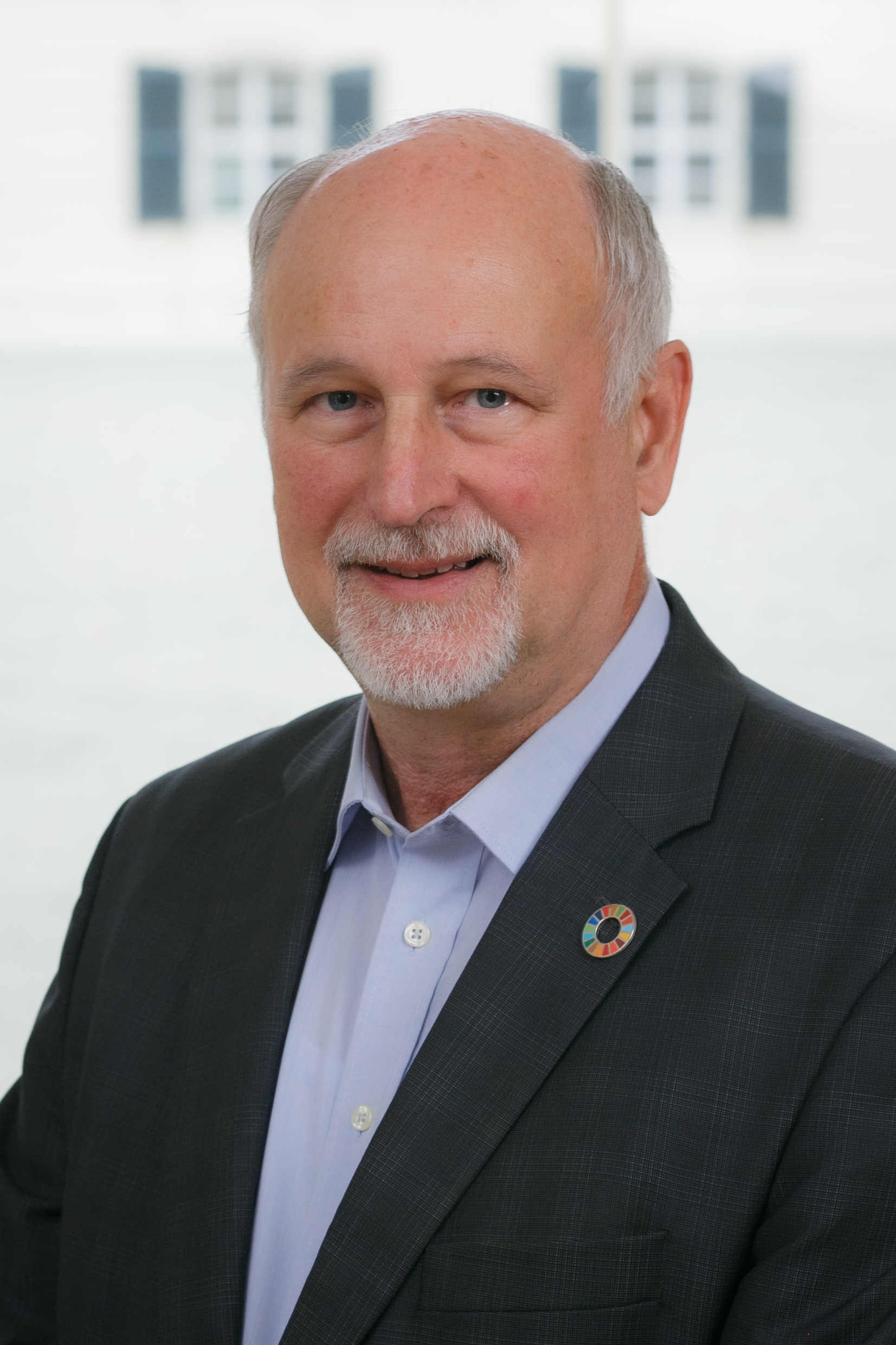
IIASA Acting Director General Wolfgang Lutz has received the Austrian Research Association’s 2023 Science Prize for his excellent scientific achievements and the scientific-political relevance and high topicality of his research.
The Austrian Research Association (OeFG)’s Science Prize is awarded every two years and aims to make Austrian science visible by recognizing and appreciating both the extraordinary achievements of a person and outstanding scientific work. Awardees are selected by the OeFG Scientific Advisory Board, which is made up of recognized representatives of the various scientific disciplines and is confirmed by the Executive Committee. 2023 marks the 16th time the Science Prize is awarded since it was first established.
Lutz is an internationally recognized social scientist and demographer. He is known for his work on international population trends with a special focus on population forecasting, population-development-environment interactions, and introducing education as a standard demographic dimension in addition to age and sex. He has published over 280 scientific articles and wrote or edited 27 books and special issues. He has won numerous other prestigious awards including the Wittgenstein Prize, two European Research Council (ERC) Advanced Grants, the Mattei Dogan award of the International Union for the Scientific Study of Population (IUSSP), and the Mindel C. Sheps Award of the Population Association of America (PAA). He was also appointed by the UN Secretary-General to be one of the 15 members of the Independent Group of Scientists to produce the quadrennial Global Sustainable Development Report 2019.
"Wolfgang Lutz enjoys the highest reputation worldwide as a scientist, demographer, and social statistician. At the same time, he is an international example for the successful introduction of scientific expertise into public discourses on quite a few of the burning challenges of our time," said Heinrich Schmidinger, chairman of the OeFG scientific advisory board in an announcement on the association’s website.
Previous winners of the OeFG Science Prize include: 2000 Peter L. Berger (Boston; Sociology), 2002 HansTuppy (Vienna; biochemistry), 2006 Helmut Rauch (Vienna; experimental physics), 2012 WalterMischel (New York; Psychology), 2014 Ingeborg Hochmair-Desoyer (Innsbruck, electrical engineering), and most recently in 2020 Jan Assmann (Constance, Egyptology) and Fritz Paschke (Vienna, electrical engineering).
The ceremonial presentation of the OeFG Science Prize to Wolfgang Lutz will take place in November 2023.
Read the original announcement here (in German).
News

04 July 2024
ALFAwetlands: assessing mid-term project milestones

26 June 2024
Wavelet phase difference and granger causality: Evidence connecting phase difference inference to granger causality

21 May 2024

